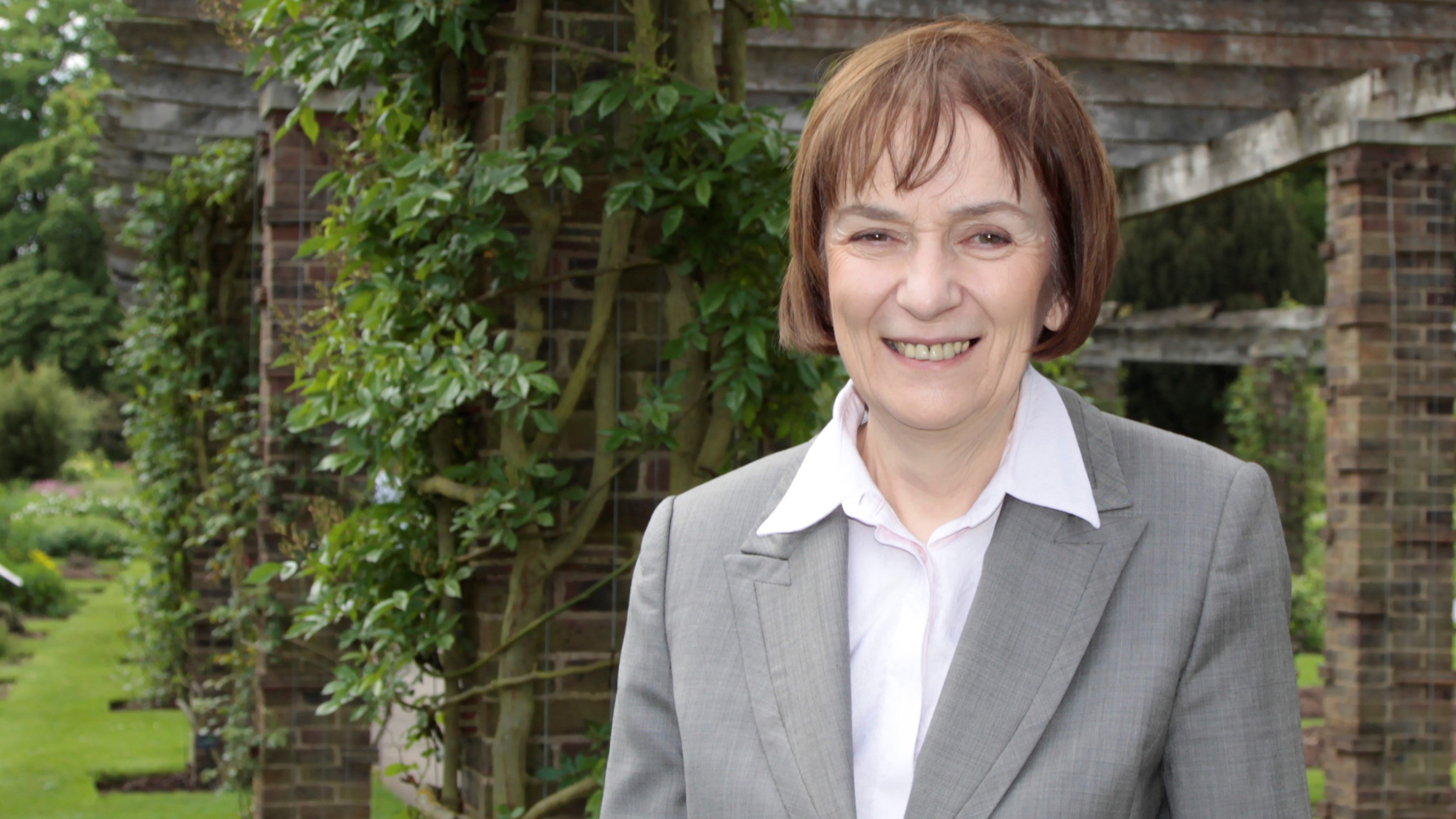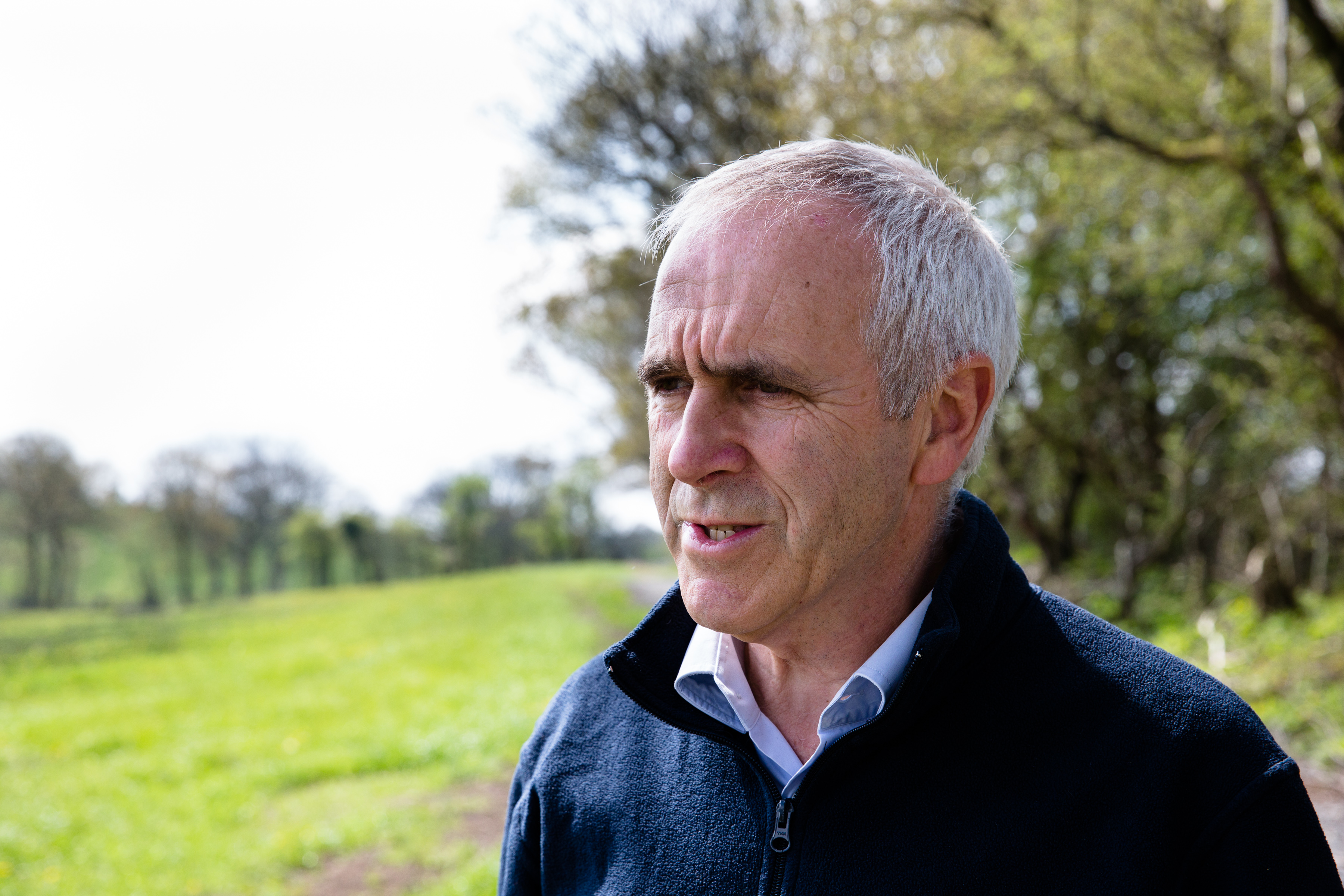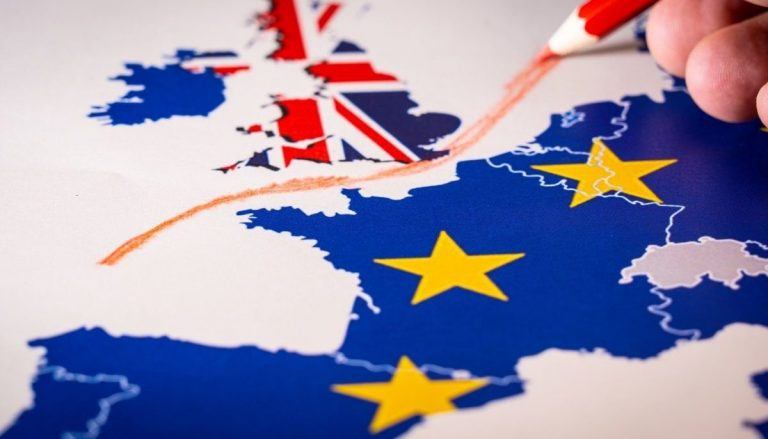Dining Table Tales with…Tim Lang

There’s an exercise that Tim Lang, Emeritus Professor of Food Policy at City University in London, likes to set his class. He asks his student to try and make a sustainable pizza by considering exactly how they made, transported and consumed – from transporting frozen ones using temperature-controlled trucks to cooking fresh balls of dough in air-polluting artisanal wood ovens. The task forces the students to think about every aspect and possible impact, showing them that the way we currently eat tends to come with some sort of environmental impact. “You could also have no pizza at all,” Lang says, “Because where does the olive oil come from?”
As a consultant to the World Health Organisation, a special advisor to four House of Commons Select Committee inquiries and the person who set-up the Centre for Food Policy at City University London, he’s spent the last thirty-five years doing just that – unpicking our current food systems to figure out how well they’re serving us. Drawing on everything from history to environmental science to help analyse the way we feed ourselves as population. “Vast ranges – from anthropologists to historians – have great insight onto what’s going on in the modern food system,” he states.
Released at the start of the COVID-19 pandemic during the first week of lockdown, his most recent book Feeding Britain: Our Food Problems and How to Fix Them, was a timely caution. Lockdown caused panic buyers to empty the shelves at home and abroad countries known for their exports of vital stocks like wheat and grain began to slow down trades amid fears that a global food crisis way underway.
At that moment, as the country faced its first real threat of food shortages since WWII, Lang was raising the alarm over the country’s over-reliance on global supply chains . “It’s a neo-imperial hangover,” he says when explaining how Britain came to be so dependent on food imports. “By 1846 Britain was literally being fed by the Empire.”
As Lang points out, since then there have been other seismic changes, moments when our reliance on imports nearly brought the country to a standstill. “We came really close to it during World War II,” he says. “There was a very clear recognition that we can’t go on like this.” As the country rushed to try and feed its people, a new emphasis was put on quantity over quality and the nation become complacent about where its food came from Lang says we’re at a similar crossroads now, with society being forced to choose between two divergent paths; intensive farming or sustainable agriculture, nutritional produce or calorific diets: “We’re either going to continue wrecking public health, wrecking the environment, wrecking societies, by making people ill or have big rethink.”
The closest national crisis the country has previous come to was during World War II. Faced with food rationing thanks to curtailed imports, the Ministry of Agriculture of the time ran a propaganda campaign called Dig for Victory, encouraging citizens to grow their own food. Before long, private gardens were turned into allotments and even the lawns around the Tower of London were transformed into vegetable patches.
So what would a modern day Dig for Victory campaign look like? “I wouldn’t say Dig for Victory, because it’s all got sort of quite cosy connotations,” he says. “There’s got to be a shake-up in genial terms.” Lang would rather see households garden for pleasure than try to solve a national crisis as a domestic level: “I’m with those people who say, if you’re in a tower block, you can grow herbs. It’s not going to feed you, but it’s just the pleasure of it.”
His answer is to limit choice. He blames our lack of good decision making on sheer abundance of products available. Walk into any supermarket and there’s more variety than needed: “Food has always been less about drudge or normality but tastes and choices.” In the battle to sway consumers, Lang says brands have helped warp our frame of choice. “You get this absurd, tiny number of food manufacturers shaping our minds,” he adds. What and how we eat is inextricably linked with the way we think and feel. “Food is mass psychology,” he proclaims at one point during the interview. It’s no surprise given his background.
A career in food policy only came to Lang later on life. After leaving school, he decided to live in Italy working in an American Baptist orphanage in Rome. Returning to the UK, he then went on to do a PhD in social psychology, where he began exploring internal and external landscapes and the relationship between them: “I was reading about damaged people, damaged lifestyles, damaged environment and the role of food as healing and improvement.” At that time Lang set-up home in the peaty moorlands of north England, hill-top farming in the deep valleys of the Yorkshire Dales.
In the 38-years Lang has focused on food policy, his approach is simple in terms but incredibly nuanced in practice. Recently, he was a co-commissioner on the EAT-Lancet Food in the Anthropocene report, which came out in 2019, and tried to answer the question: can we feed 10 billion people with a healthy diet while protecting planet? Lang thinks the answer can be boiled down to six words: “Sustainable diets from sustainable food systems.”
In reality it means a hyper-localised approach to what we eat. “There’s got to be multilevel change,” Lang explains. “It’s got to be you changing, in your house, and me changing in my house.” And those changes aren’t about everyone doing the same thing either: “It’ll be different in Scotland, compared to London, or Northwest Wales than in East Anglia.” He wants to see policy makers enact change from every level. “Let’s forget food for a moment. Instead of the rich going to gyms and working out – build exercise into daily life,” he says. “Why don’t we restructure the cities so that the facilities I want are broadly within 15 minutes of walking or bicycling? And that way you re-civilise the city.”
Despite the scale of action Lang is calling for, he has a positive disposition: “By nature I’m very optimistic person even when things are bad, I’m optimistic.” He says after COVID-19, a new way of thinking is plausible. And there’s certainly appetite for a more considered, sustainable way of living. At the very beginning of the pandemic, among concerns over food shortages, worldwide Google searches for “local food” hit an all-time high . At the same time, Britain is trying to secure trade import deals with like Australia, meaning our food could be racking up serious carbon costs. “Britain is a bundle of contradictions – every country is,” Lang says. “But this is our bundle of contradictions and we’ve got to face them.”
Tim Lang’s book Feeding Britain: Our Food Problems and How to Fix Them, Pelican 2020, is out now.








